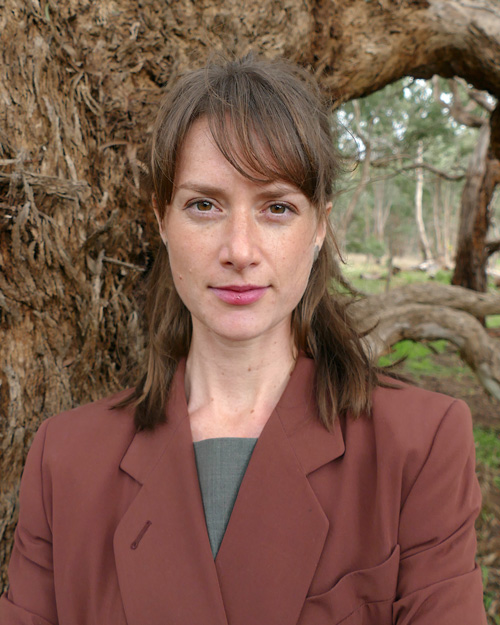
Dr Lilian Pearce from the Centre for the Study of the Inland at La Trobe University is the recipient of the Academy’s 2022 Moran Award for History of Science Research.
She receives the award for her proposal entitled ‘Toxic Legacies, Contaminated Communities: A history of lead poisoning and power in Broken Hill’.
Dr Pearce says the project will explore the ways that mining toxicity has been understood, resisted, managed and silenced by Australian mining communities and industries.
The award funding will go towards a case study considering mining toxicity within an environmental justice framework in Broken Hill, one of four case studies planned.
The other studies include a study of arsenic in Central Victoria, mercury in the West Coast of Tasmania and uranium in the Northern Territory.
Dr Pearce's work will look to inform current debates about legacy mines, ongoing issues of responsibility and rehabilitation, and contemporary controversial approvals for mines across the nation.
Dr Pearce said that she is especially grateful for the chance to seek out the voices of women in the archives.
“Women have played a crucial role in advocating for industrial, environmental, and public health reforms in Australia.”
This research draws on her earlier work in Broken Hill connecting ecological restoration work in mining communities to issues of environmental and public health.
The Moran Award for History of Science Research provides up to $5000 in funding each year, and is aimed at postgraduate students and other researchers with expertise in the history of Australian science. Applications for the 2023 award will open in early 2022.
© 2026 Australian Academy of Science